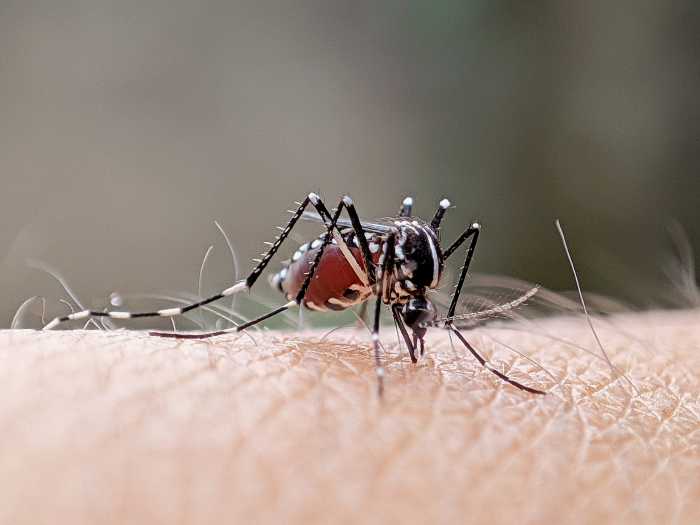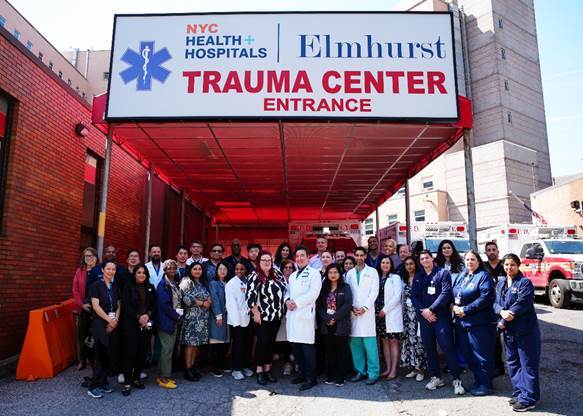The city Department of Education hopes to put controversy behind them with the announcement that major lead paint remediation has been completed ahead of the first day of school.
Embattled Schools Chancellor Richard Carranza announced Wednesday that all classrooms serving 3-K, Pre-K, kindergarten and first grade students are now in good standing as children head back to class for the fall session.
The DOE made a sweep of about 8,438 to ensure there was no lead hazard on top of the 1,860 known to have contamination, the agency said.
“Our schools are safe and this summer we’ve successfully remediated all impacted classrooms in time for the first day,” Carranza said. “We’re looking forward to a successful start of the year, and we’re taking the next step in enhancing our protocols by inspecting, testing and remediating cafeterias and libraries serving kids under six in the next year.”
An investigation by the department followed another from WNYC/Gothamist which found lead in four schools as well as dust with lead levels up to 100 times greater than the city standard.
In early August the DOE released data from an investigation that showed over 900 classrooms across the city were coated with lead paint.
If the department’s claims are true, remediations took just over a month.
Lead paint was banned in 1960 in the city, but the DOE plans to continue their investigation into any rooms built or painted as early as 1985, according to the agency.
“The SCA will continue to work collaboratively with the DOE to inspect and remediate classrooms and other common spaces to ensure we are providing a safe and comfortable learning environment,” School Construction Authority President Lorraine Grillo said. “This is a task that we do not take lightly and is part of our unwavering commitment to improve the school buildings and facilities that the city’s children need and deserve.”
With children under six being the most susceptible to lead poisoning, which can affect the central nervous system and neurological function, classrooms serving children under 6 took priority.
The DOE plans to expand inspections to rooms for first-graders and has set up an online database for the public to learn about known health risks.
The agency has also set up a portal where possible hazards in schools can be reported.
At the start of the 2020-21 school year, the DOE plans to begin remediation of not only classrooms, but of cafeterias and libraries used by at-risk groups of students.
Meanwhile, custodians are expected to carry out their usual tasks of inspecting for peeling paint and repainting 20 percent of the school each year.


































